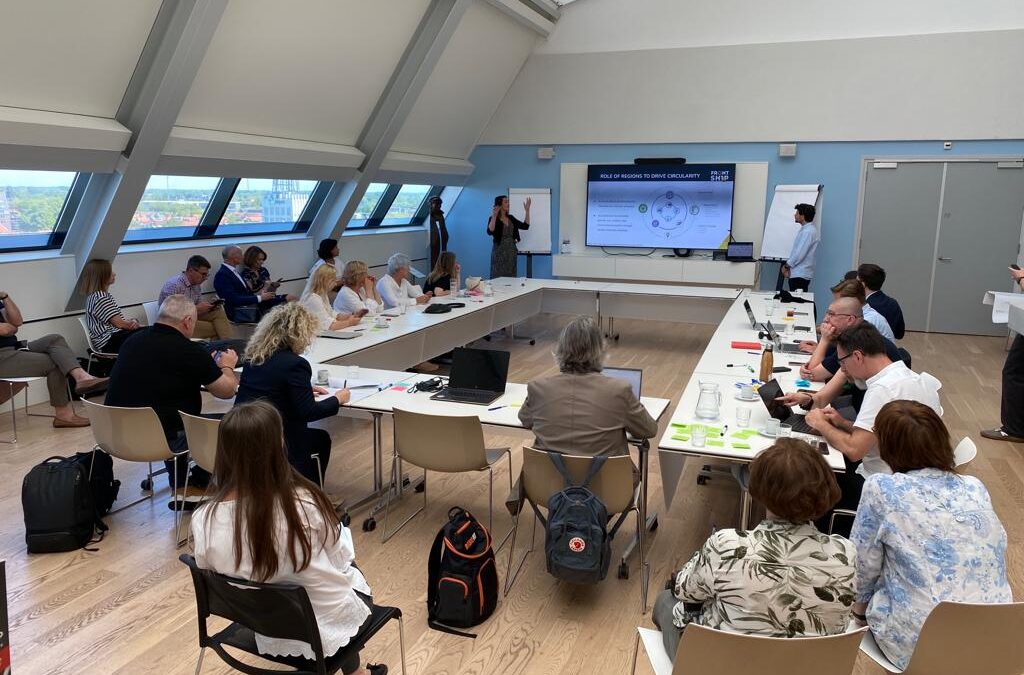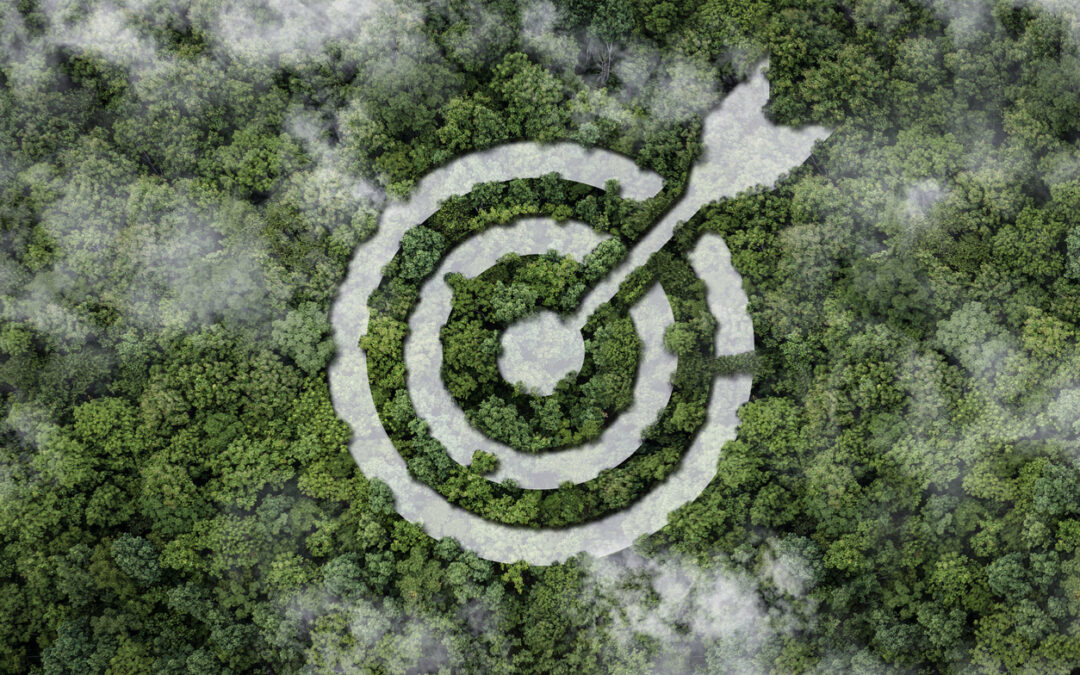Author: Michele Andolfo
K-FLEX is leading the WP6 that will focus on the polymer sector. Plastics are heavily used in our day-by-day world and are one of the pillars of the wellness generated. The lightweight, high mechanical performance and cheap raw material and production processes made the polymers essential in our lives. On the other hand, being fossil-based with energy harvesting production, the level of emission of the plastic process put high attention on the impact on our ecosystem, without underrating the end of life of the products realised.
In Frontsh1p we try to tackle all these aspects through a synergic action on social, production and waste activities:
- The social part will be held by our consortium partners OPUS and LEDA Polymers that will develop social activities for people living in social houses especially devoted on 3D printing of plastic parts. This will lead to two direct actions. The first one gives the opportunity to replace broken plastic parts without changing devices or wasting material. This will be important for people with low income. The second effect is directly linked to creating new competences, new opportunities of learning, and new technology, leading to the development of new skills.
- The treatment of waste is one of the most important aspects to be considered in Europe with different prospective. Waste4ME will develop a new technology and test new opportunities to make plastic and rubber scrap ready for a thermal treatment developed internally. The thermal treatment is a specific type of pyrolysis that allows the scrap to be transformed in energy (thermal or electric), plasticiser (can be used in polymer business) and char for pigmentation of manufact. K-FLEX will help the leader of the task by supplying different types of scrap with the main focus on rubber halogenated scrap to be prepared into a specific column developed in the project to remove the halogenated and dangerous components and allow the rest of the rubber scrap to be thermal treated.
- In K-FLEX, new processes will be implemented to significantly decarbonise the production of polymer. This will be realised by removing CO2 from the atmosphere and reuse this in several processes during production. This together with the help of different companies and universities (e.g., Sirmax, Polytechnika Łódzka, Proplast, Promix, etc.) will lead to a greener impact and cycle of K-FLEX productions.
WP6 will start in month 6 of the project and all the consortium partners are eager to start these ambitious activities to make the polymer world more efficient, sustainable and profitable.



